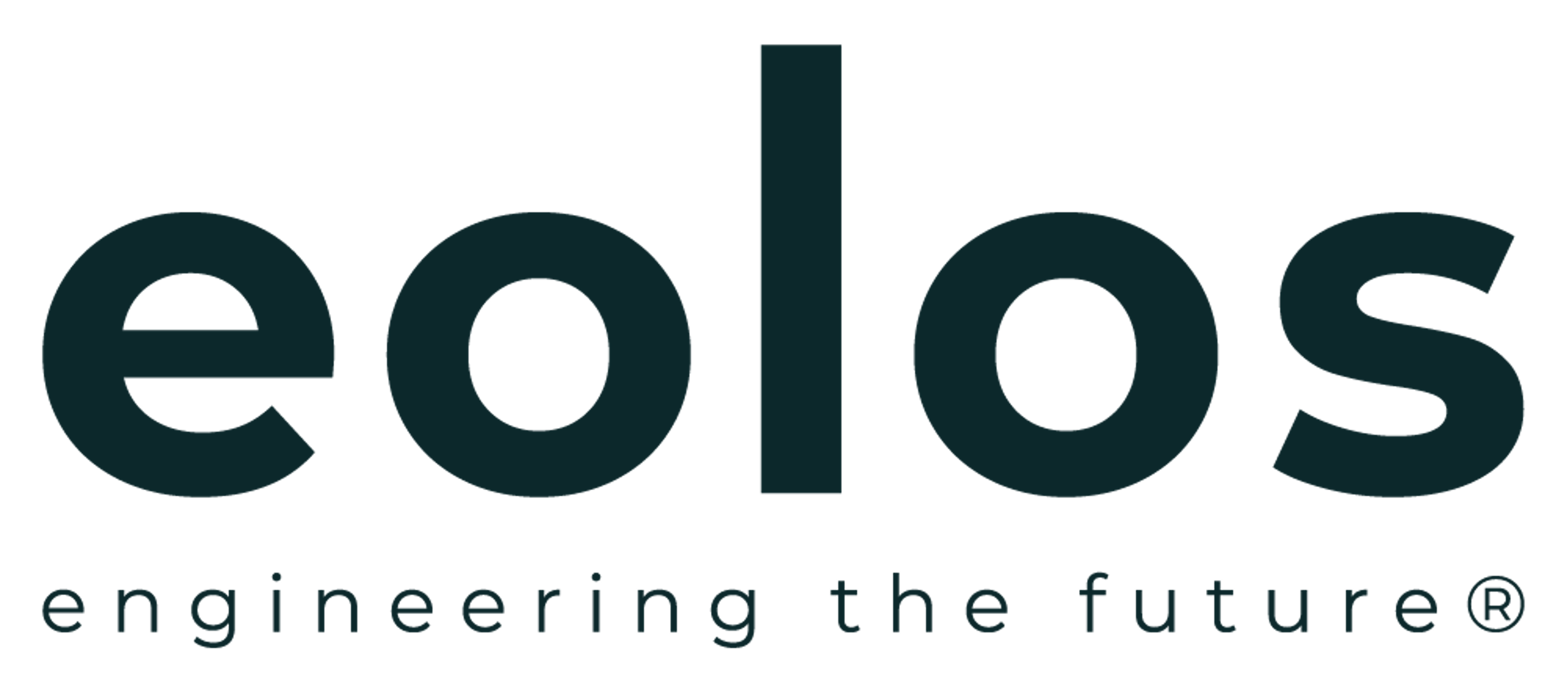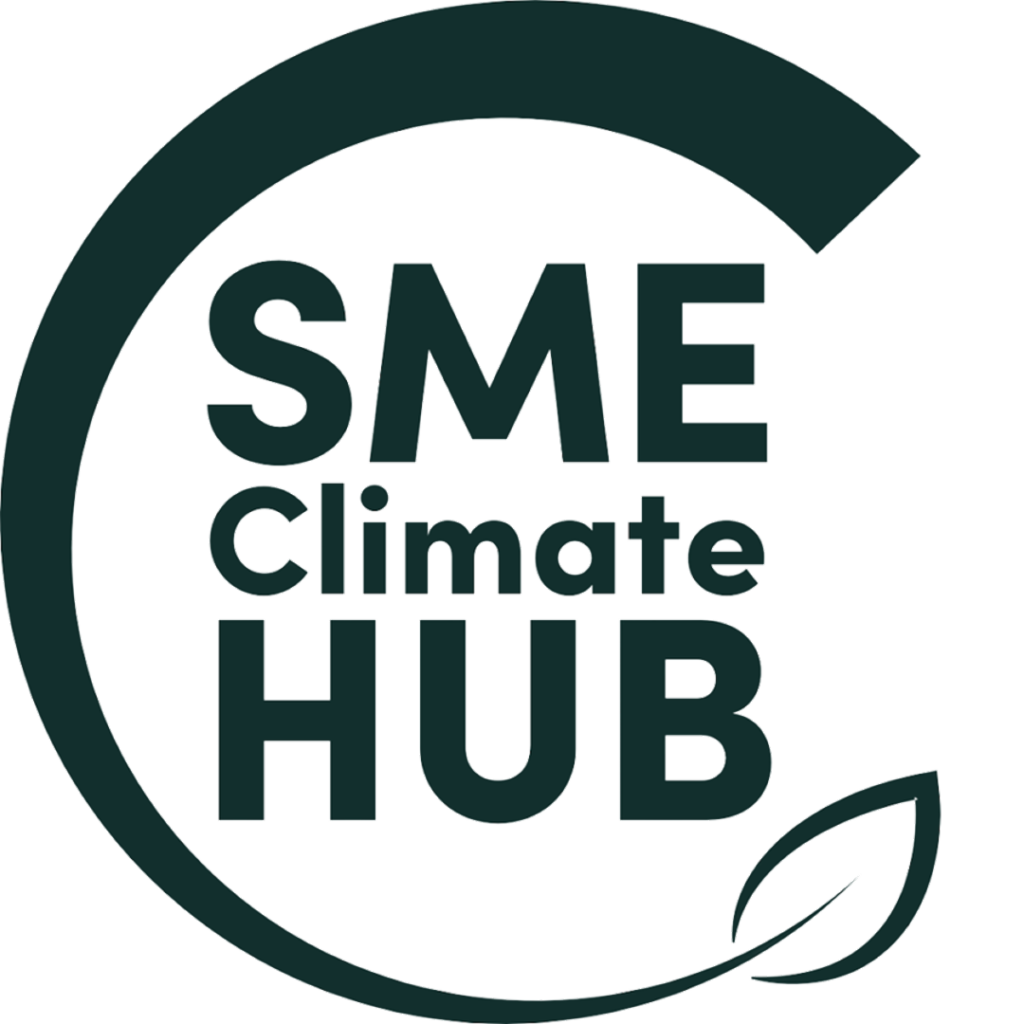Hélène (Trehin) Isermeyer

Managing Partner
Slightly obsessed with circular things from my race bike to the Circular Economy
Sustainability Reporting Journey: Double Materiality Assessment
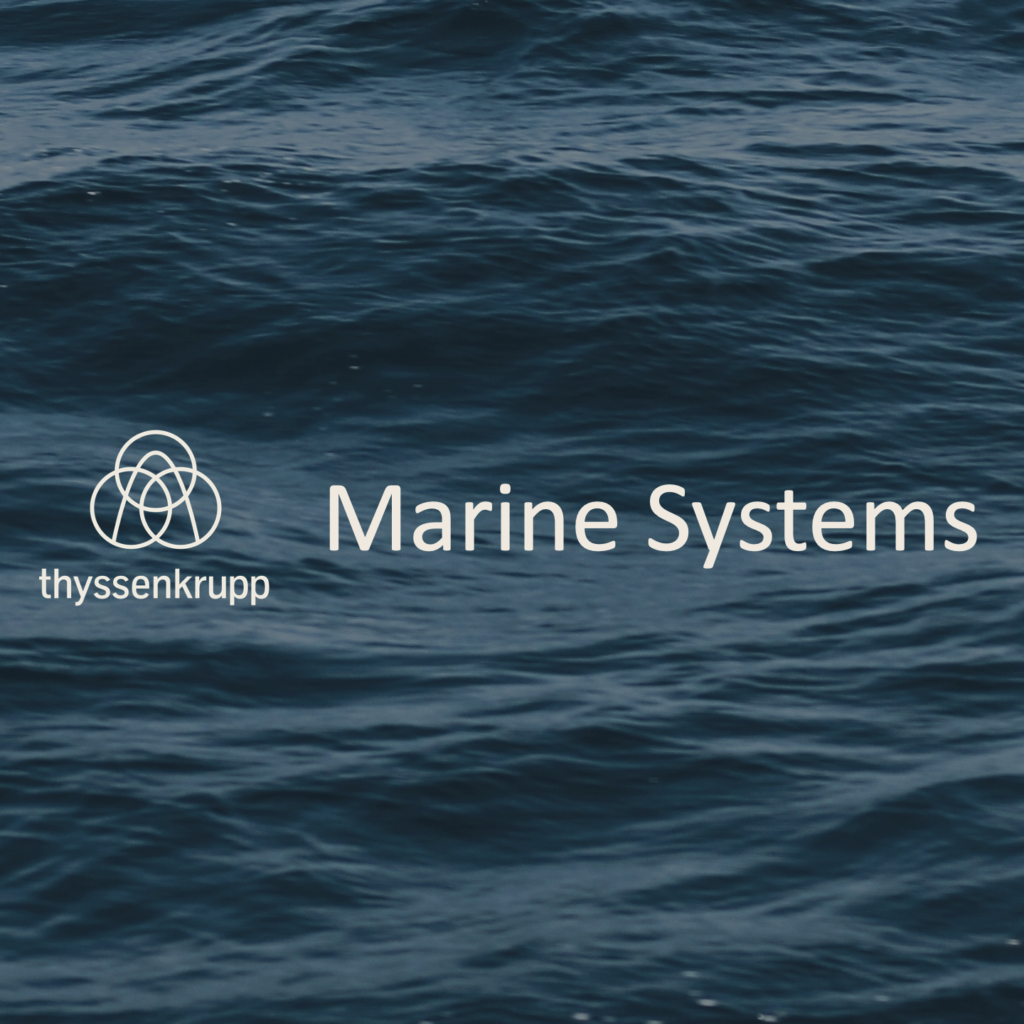
We embarked on a 6-month mission with thyssenkrupp Marine Systems. This journey began with a Double Materiality Assessment, a crucial step in identifying material ESG issues to be included in the inaugural thyssenkrupp Marine Systems sustainability report based on ESRS standards.
CSRD: Europe leads the way for ESG reporting

Great news from the EU: The Corporate Sustainability Reporting Directive (CSRD) promotes increased transparency and harmonized disclosure for sustainability information in financial reports. Broadening the Non-Financial Reporting Directive’s scope, CSRD introduces double materiality and standardized reporting, which will be progressively implemented between 2025-2029.
thyssenkrupp Marine Systems – Sustainability Brochure
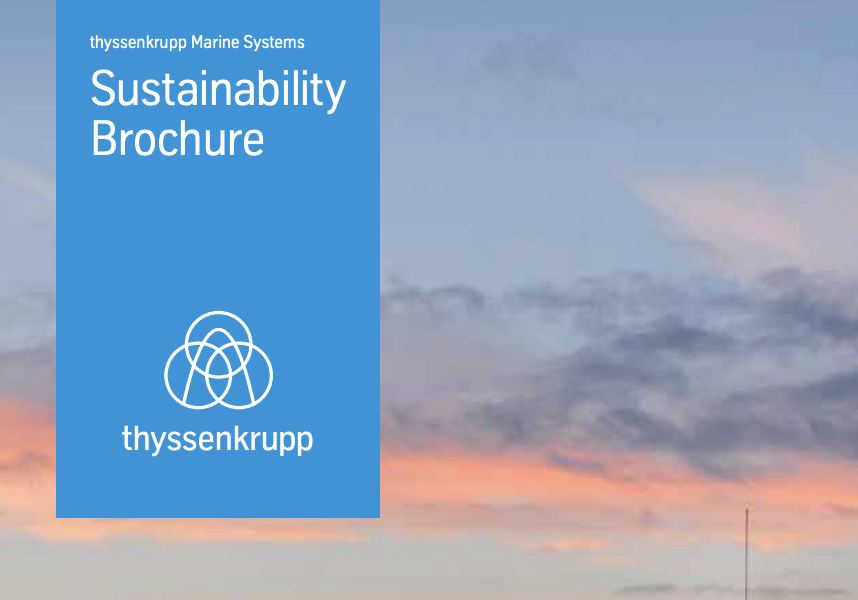
The task is challenging given its complexity, but the mission is crucial. We have the willingness, the knowledge and the technlogy to shape a future worth living for many generations
Jonas Briese

Consultant
Passionate about glassy water and perfect waves
The role of industries in climate change mitigation
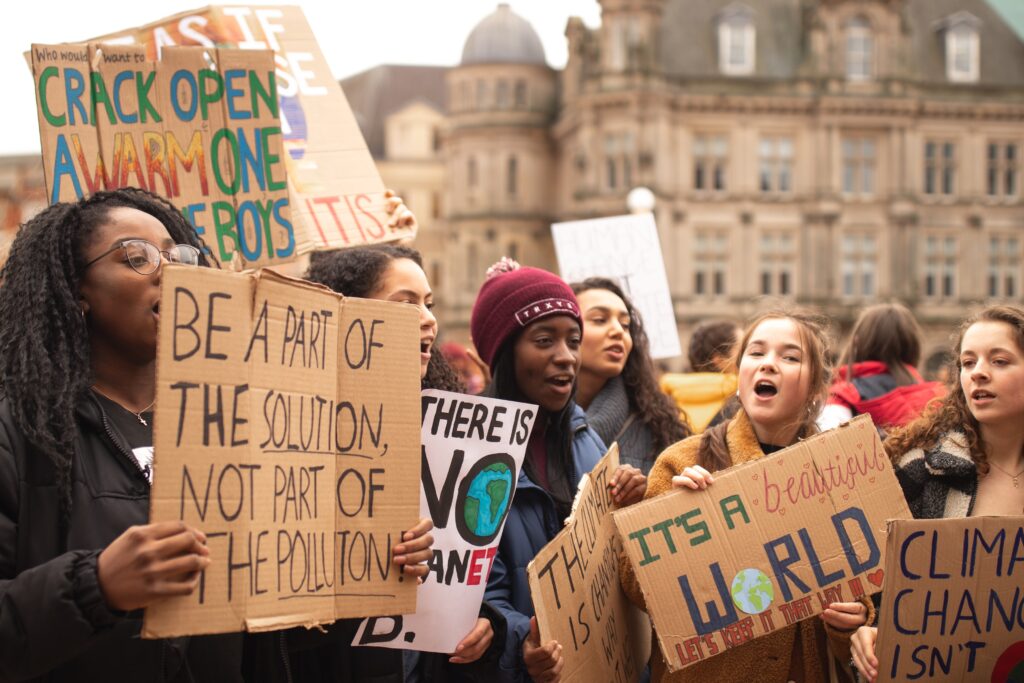
The IPCC report underscores rising greenhouse gas emissions, mainly from industry. Declining low-emission technology costs and increased usage aid mitigation of climate change. Decarbonization, sustainable options, international cooperation, and policy implementation are vital for a net-zero industry and climate resilience.
The window of opportunity to address climate change is decreasing

This article highlights climate change’s adverse impacts on humans and ecosystems, exacerbating vulnerability and global inequalities. These details are in the IPCC report. Climate risk depends on mitigation and adaptation efforts. Integrating these measures enables climate-resilient development. Maladaptation can be avoided with inclusive, long-term planning.
Environmental Sustainability Fundamentals

The circular economy (CE) helps achieve sustainability by maximizing resource value and minimizing waste. While sustainability encompasses people, profit, and planet, CE principles address resource extraction, production, and consumption. Regulations and business model adaptations contribute to this transformation.
Carbon Emissions & the Industry

To achieve net-zero emissions by 2050, industries must understand and reduce their carbon footprint. The focus has shifted from emissions per product to absolute emissions reduction. Governments and businesses must collaborate, leveraging disruptive innovation, circular economy principles, and resource value retention frameworks to achieve balance between resource use and future planetary protection.
Et si on verdissait les ports français?
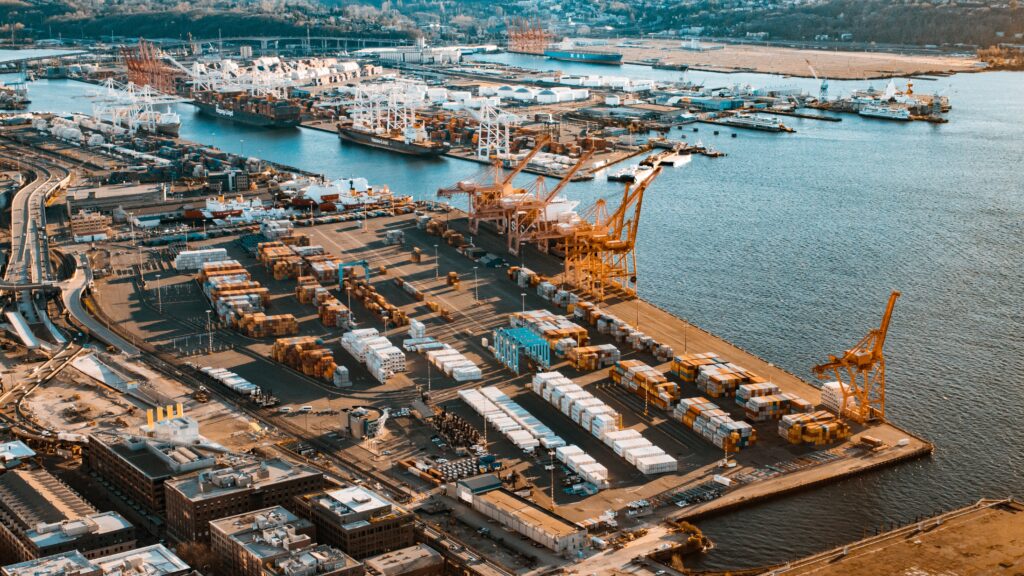
« Fixer le cap » : c’est l’ambition de la nouvelle stratégie nationale portuaire, qui s’inscrit dans le plan de relance français, afin de (re)positionner les ports relance économique et de la transition écologique. Parce que demain il n’y aura qu’une croissance: La croissance Verte Bleue La France c’est plus de 20 000 kilomètres de côtes, […]
